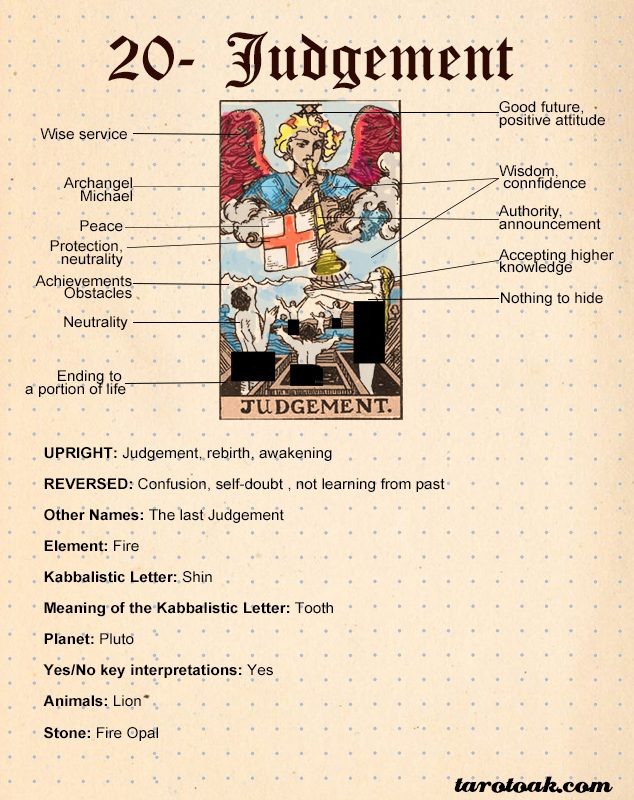
She testified that the documents from her husband’s employer showed an income of $175,000. There was no other evidence submitted to support her request for sole legal and physical custody, and she testified in a limited way about alimony as well. Among these questions was a question about whether she should be the only decision maker for her kids’ health and education. The plaintiff testified about certain matters but was mostly restricted to answering leading questions from her own attorney. The mother’s case information statement wasn’t put into evidence, although the judge referenced it. She only submitted foreclosure correspondence, pay stubs, and documents subpoenaed from the husband’s employer about his earnings. She also wanted to have open durational alimony, to have the kids’ medical insurance be paid by the husband, and to be compensated for a number of other costs. She was seeking sole legal and residential custody of their kids and half of their assets. The hearing addressed a number of issues that were in the wife’s notice of proposed final judgment. The wife and her attorney came to a default hearing, at which the husband didn’t appear. The couple didn’t own much property beyond their home, which was in foreclosure, as well as cars and limited retirement accounts. The couple had married in 2000 and had three kids, all of whom were minors at the time of the divorce.
Judgment reversed trial#
He also argued for the disqualification of the trial judge because he’d talked about his impending retirement with the wife’s attorney at the end of the default hearing. He also claimed his wife committed perjury when she testified he didn’t pay for the family’s expenses and misrepresented how much time he spent with the kids, including the overnights he spent. He claimed that the wrong income had been used to calculate alimony and that his actual earnings were lower.

Tanabe, Winthrop & Weinstine, P.A.After a recent divorce judgment in New Jersey, a husband appealed, arguing for reversal.

Johnson, Taft Stettinius & Hollister LLPĭavid M. Therefore, the Eighth Circuit reversed the bankruptcy court’s grant of summary judgment and remanded for further proceedings regarding whether the corporate veil can be pierced or whether there is independent tort liability. Thus, the Eighth Circuit declined to affirm on the alternative ground of claim preclusion. Further, the debtors previously failed to argue claim preclusion before the lower courts (despite knowing about the action for exception to discharge), and the debtors failed to demonstrate why claim preclusion should apply. But, the Eighth Circuit noted that it has denied claim preclusion when there are difficult questions including (1) whether to treat the debtors as a party to a proof-of-claim dispute when they did not appear at the proof-of-claim proceeding, or (2) whether the debtors even could be parties-in-interest to a claim objection when their estate was insolvent and the debtors could not benefit financially. The debtors also argued the Eighth Circuit could affirm on the alternative ground of claim preclusion because the bankruptcy court disallowed the plaintiff’s claim. As such, the Eighth Circuit held that the bankruptcy court improperly granted summary judgment. The debtors did not address this alternative ground for a valid claim. The Eighth Circuit rejected this argument because liability can be imposed against an officer or director of a company based on a tort under applicable state law. On appeal, the debtors argued that the Eighth Circuit should affirm given the plaintiff cannot pierce the corporate veil to hold the debtors personally liable. The BAP affirmed and the plaintiff appealed. The debtor moved for summary judgment in the adversary proceeding on the same grounds. The plaintiff did not respond and the bankruptcy court sustained the trustee’s objection. The trustee objected to the claim on the grounds that the claim alleged a corporate debt of the business rather than a personal debt of the debtors. When the trustee gave notice of assets, the plaintiff filed a proof of claim. to the extent obtained by-false pretenses, a false representation, or actual fraud, other than a statement respecting the debtor’s or an insider’s financial condition.”

The plaintiff sought exception to discharge pursuant to 11 U.S.C.

The plaintiff obtained default judgment against the corporation for damages due to misrepresentations made by the debtors that suppliers and subcontractors had been paid. Suppliers to the debtors’ business filed construction liens for amounts owed. The debtors closed their business and filed a voluntary petition under chapter 7. The debtors owned a corporation hired to do electrical projects for the general contractor plaintiff. 22, 2022), the Eighth Circuit reversed the bankruptcy court’s grant of summary judgment given the bankruptcy court’s failure to address alternative tort claims.


 0 kommentar(er)
0 kommentar(er)
